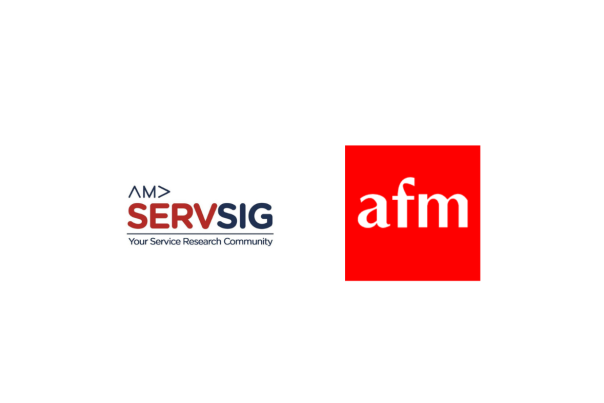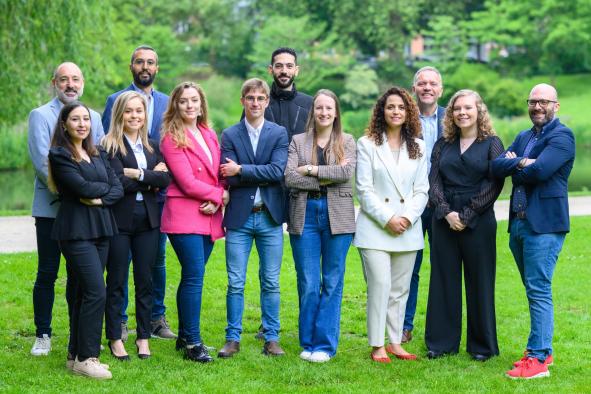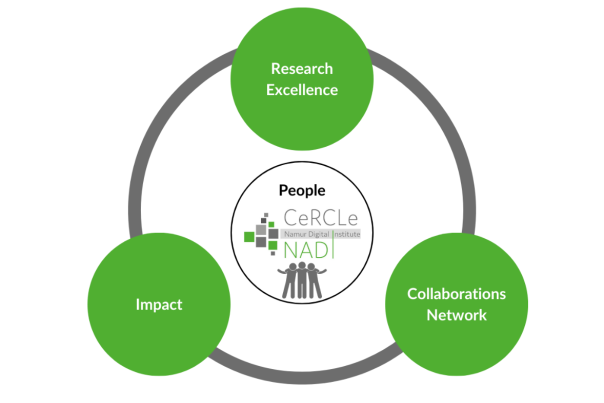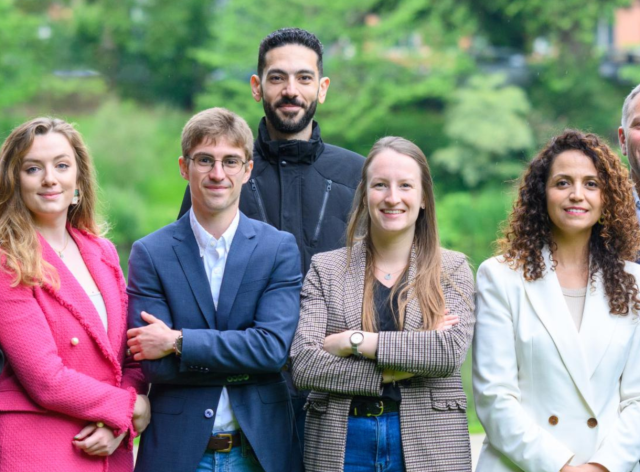Welcome to NaDI-CeRCLe, the Research Center For Marketing and Service Management. Established in 2005 as part of the Faculty of Economics, Social Sciences and Management (EMCP), the Nadi-CeRCLe brings together a dynamic team of faculty members, researchers, doctoral students, and practitioners. Since 2018, CeRCLe has proudly been a founding partner of the Namur Digital Institute (NaDI), driving forward cutting-edge research and collaboration in the digital age.
Internationally recognized as a leading research center by the American Marketing Association (SERVSIG) and the Association Française de Marketing (AFM).

The Centre's main objective is to actively promote theoretical as well as empirical, fundamental as well as applied research in the field of marketing and services, and more specifically in the fields of consumption and leisure.
The three main fields of research are consumers' & managers ' decision making, consumption practices & phenomena and marketing actions & consumers' response. The main application field concerns the service industry with a focus on tourism, culture and leisure, on the one hand, and retailing and shopping activities, on the other hand.

Discover the NaDI-CeRCLe research center
Mission
Develop, conduct, and diffuse theoretical/empirical, fundamental/applied research in the field of Marketing and Services management. Research articulates around the following activities: scientific researches, participation to symposia, publications of international level, training and supervision of doctoral students, hosting of researchers and of guest professors, involvement into national and international research networks and organization of seminars...

Vision
Our research center envisions a future where people are at the heart. United by strong team spirit, shared values, and a supportive environment, we aim to achieve research excellence. Our commitment extends to fostering global leadership through collaborations and networks, ensuring our work not only advances knowledge but also creates a tangible impact for stakeholders, society and the world at large
The members of the NaDi-CeRCLe share three pillars: Research Excellence, Collaborations and networks and Impact. Thus, the research of the CeRCLe focuses on important, timely, and useful research topics with high degrees of theoretical, managerial and societal relevance.



